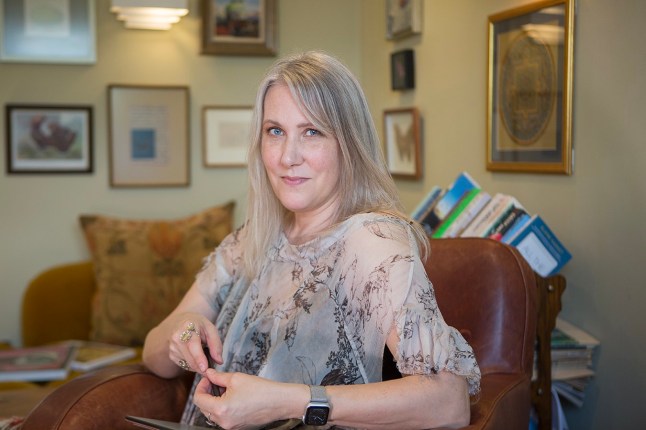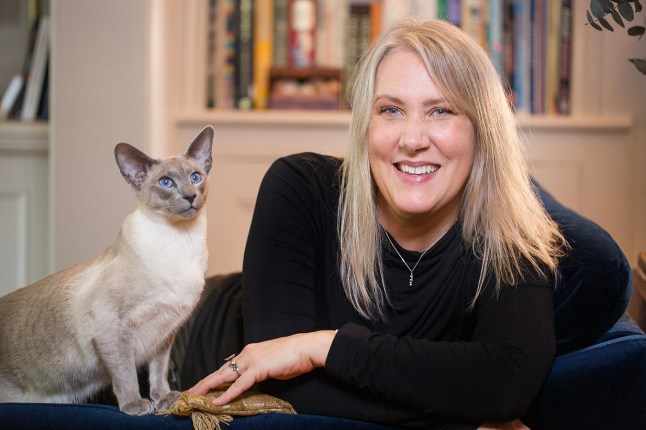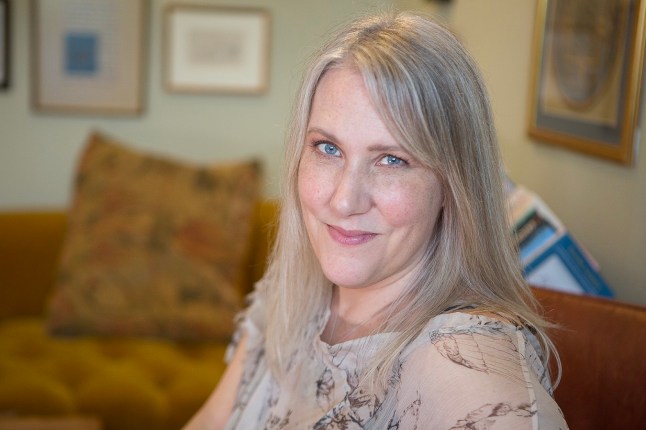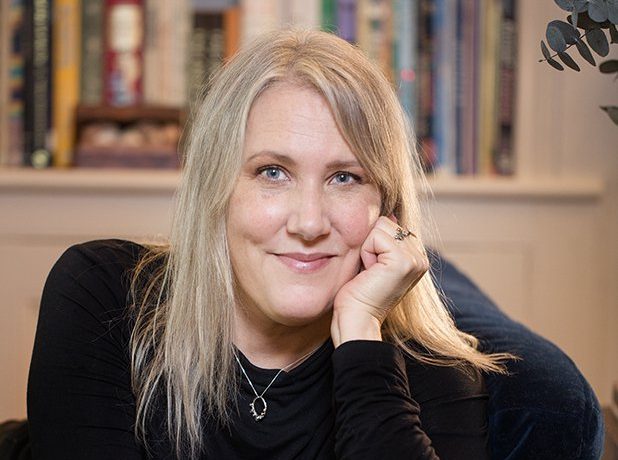
‘I didn’t like you posting funny conversations on Facebook,’ my nine-year-old said over a pub lunch five years ago.
I shifted uneasily in my seat. Over the years, I’d become vaguely aware of the increasing clues that she was uncomfortable with the photos, anecdotes, and family dialogues I routinely posted on social media. I’d shrugged it off and carried on anyway.
‘So if a parent’s shared things in the past,’ I said, ‘what should happen to those posts?’
She smiled wryly, suspecting I wasn’t going to like what came next: ‘They should be deleted immediately,’ she said matter-of-factly, ‘and the parents should be put on the naughty step.’
I felt sick. Was it the guilt of knowing that I belonged on the naughty step? The pain of deleting a carefully curated archive of a decade of family life? Or the weirdly frightening prospect of never sharenting again?
For those who don’t know, sharenting is a fusion of ‘sharing’ and ‘parenting’ – it’s the digital-age practice of parents and carers posting children’s information online. A minority of sharenters are pros: the mummy bloggers, Insta-families, and parent influencers who post for profit. The rest are amateurs, who for various reasons just want to share their family life.
I was in the latter category from the moment I shared my daughter’s sonogram with Facebook friends in 2009. Her arrival coincided with the birth of my sharenting habit.
The more verbal, sweet, and hilarious she became, the more I posted. The more I posted, the more likes I got. If someone wrote to say my daughter had made their day, it made my day.
Since I was an expat, having moved to the UK from America, social media activity was part of the glue that held my extended family together. The posts that my siblings, cousins, friends and I shared about our kids seemed to shrink the thousands of miles between us, and it bonded my parents closer to a granddaughter they rarely saw in the flesh.
In many ways, I don’t blame myself. We were all more innocent about social media back then, and posting about one’s kids was the norm.

In 2010, three quarters of UK and European parents felt fine about sharenting while 92% of two-year-olds in the US had a presence on social media.
Young people’s data is a hot commodity, immensely valuable for profiling current and future consumers. Very young children can’t provide digital consent for the collection, use, or sharing of their information, because they can’t understand the risks – some of which include their images being used inappropriately, advertisers relentlessly targeting them in future, or their eventual financial security being affected by identity impersonation.
The adults who give consent for them, however, often don’t understand the consequences either. Ironically, it’s typically those adults who are doing the collecting and sharing in the first place.
As a cyberpsychologist who studies the intersection of psychology and digital technology, I’d started to wonder how my own social-media activity was affecting my child. By using sharenting to fulfil my social needs, was I using her, and could she sense that?
Because of me, my daughter had an online identity that could affect her opportunities, privacy, or emotional experience later in life.

She never gave permission for that. What was my posting without her permission inadvertently teaching my daughter about her ability to decide her own boundaries?
Focused on the personal benefits my social media use brought me, I wasn’t aware that my child was unhappy. When the phone came out, she would often hide or cover her face, but that was just her being playful, I thought.
‘Are you putting this on everyone’s iPhones?’ she’d ask, sounding simply curious.
Occasionally, when I was distracted during a conversation, she’d catch me transcribing our dialogue under the table.
Friends of mine that she’d never met in person would recognise and embrace her, asking her questions betraying an in-depth knowledge of her life.
‘Am I famous or something?’ she’d ask, confused. ‘Why do they think they know me?’
After my daughter told me I should be put on the naughty step, I decided to broach the topic even further. It was clear that it was time to put my years of theoretical research and writing about psychology and technology into practice in my own life.
At one point, I asked her why she hadn’t voiced her unhappiness more loudly before.
‘Because,’ she said wearily, ‘I didn’t think you would stop.’

That cut me. Despite the pain, I was proud of myself for asking, listening, and being willing to change, but prouder of her for having the courage to tell me the truth.
On the way home, I told her I’d do what she’d asked.
I transformed the digital archive of her life into a thick stack of physical books, deleted everything from Facebook and Instagram, and never posted about her again.
This came as a relief to her, especially as she aged into adolescence. I found other ways of staying connected: video calls, private messaging, family WhatsApp groups.
My daughter is a teenager now – assertive and savvy about her drawing her own boundaries, online and off. I’d like to think that our conversation helped get her there, and that our relationship is now stronger for it.
More Trending
Thankfully, the tide may be turning – in one 2023 survey, 45% of parents reported that they’re far more cautious about sharing sensitive information about their kids.
Data, identity, and power are so deeply intertwined in today’s digital world.
Choosing what you share of yourself online should be your birthright. Before you have the chance to fight for it yourself, the adults in your life should protect it for you.
Elaine Kasket is the author of ‘RESET: Rethinking Your Digital World for a Happier Life’ (Elliott & Thompson), out in paperback now.
Do you have a story you’d like to share? Get in touch by emailing jess.austin@metro.co.uk.
Share your views in the comments below.
MORE: My baby never woke up after his first time co-sleeping
MORE: My husband and I race every weekend then argue about who’s faster
MORE: One word my brother repeated after his cancer diagnosis broke my heart













